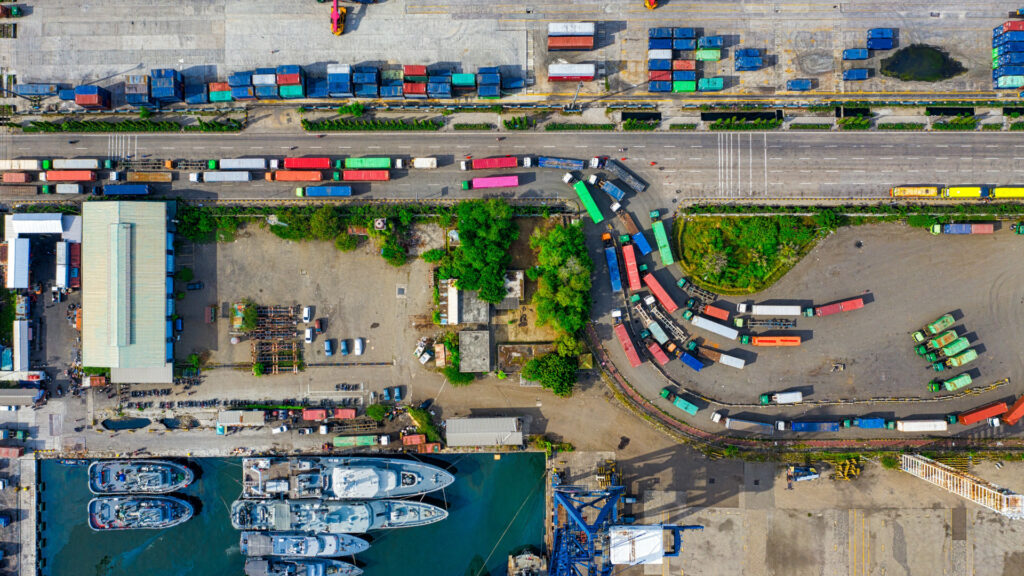The trucking industry, like many others, is poised for a transformative future. As technology continues to advance, the world of trucking is experiencing significant shifts in automation, artificial intelligence (AI), and logistics. In this blog post, we’ll explore the potential implications of these changes and discuss what the future holds for the industry.
The Impact of Automation in Trucking
Automation is a buzzword that sparks both excitement and concern in the trucking industry. Here’s what you need to know:
Current State of Automation
While fully autonomous trucks are not yet ubiquitous on the highways, companies like Waymo, Tesla, and TuSimple are making significant strides in autonomous technology. Several trucking companies are testing autonomous fleets in specific regions.
Benefits of Automation
Automation promises safer roads, reduced human error, lower operating costs, and increased efficiency. Long-haul trucking may soon see a transformation, with self-driving trucks travelling cross-country.
Concerns and Challenges
Job displacement is a primary concern. Automation may reduce the demand for truck drivers and lead to workforce challenges. Regulatory issues also need to be addressed to ensure safety and compliance.
Predictions
In the coming years, we can expect to see more autonomous trucks on the road, particularly for long-haul routes. However, it will likely be a gradual process, with human drivers still playing a significant role in local and complex routes.
The Role of Artificial Intelligence (AI)
AI is a game-changer for the trucking industry. It’s not about replacing humans but enhancing their capabilities:
AI in Trucking
AI is used for route optimization, predictive maintenance, safety systems, and even autonomous vehicle decision-making. It’s helping trucking companies cut costs, improve safety, and reduce fuel consumption.
Challenges of AI
Implementing AI systems comes with challenges like data security and ethical considerations. Ensuring that AI is used responsibly and safely is crucial.
Predictions
AI will continue to be integrated into the trucking industry, improving various aspects of the business. Expect to see more AI-driven predictive maintenance, real-time route adjustments, and enhanced safety features.
Evolving Logistics and Supply Chain Management
The logistics and supply chain landscape is evolving to meet the demands of modern commerce:
Changing Landscape
Real-time tracking, data analytics, and demand forecasting are becoming increasingly vital for efficient operations. Sustainability and eco-friendly logistics practices are also taking center stage.
Predictions
Logistics will continue to evolve, with technologies like blockchain and the Internet of Things (IoT) gaining prominence. The ability to track goods in real-time, predict demand accurately, and reduce environmental impact will be critical for success.
The Impact on Jobs and Workforce
The future of trucking technology will impact the workforce. Here’s what you should know:
Workforce Effects
Automation and AI could change the nature of trucking jobs. It’s important for the workforce to adapt and upskill to stay relevant in a changing industry.
New Career Opportunities
While some jobs may be displaced, new roles related to technology implementation and management will emerge. Technicians, AI system operators, and cybersecurity experts will be in demand.
Regulatory Support
Government policies and industry initiatives will be crucial in supporting the workforce during these transitions.
Challenges and Concerns
The future of trucking isn’t without challenges and concerns:
Safety Issues
Autonomous vehicles and AI systems need to be rigorously tested and regulated to ensure safety on the roads.
Regulatory Hurdles
Addressing the legal and regulatory challenges surrounding automation and AI in trucking is essential.
Smaller Companies and Independent Operators
Smaller trucking companies and independent operators may face unique challenges in adapting to new technology and staying competitive.
Check Out Another Blog: How To Handle Late Deliveries And Keep Your Customers Happy
Opportunities for Collaboration and Innovation
The key to navigating the future successfully is collaboration and innovation:
Collaboration
Partnerships between the trucking industry and tech companies are driving innovation. Public-private partnerships and research initiatives are shaping the future of trucking.
The future of the trucking industry is both promising and challenging. As we move toward increased automation, AI integration, and evolving logistics, it’s vital to stay informed, adaptable, and open to collaboration. The changes may be significant, but they also offer opportunities for a more efficient, safer, and sustainable industry.


